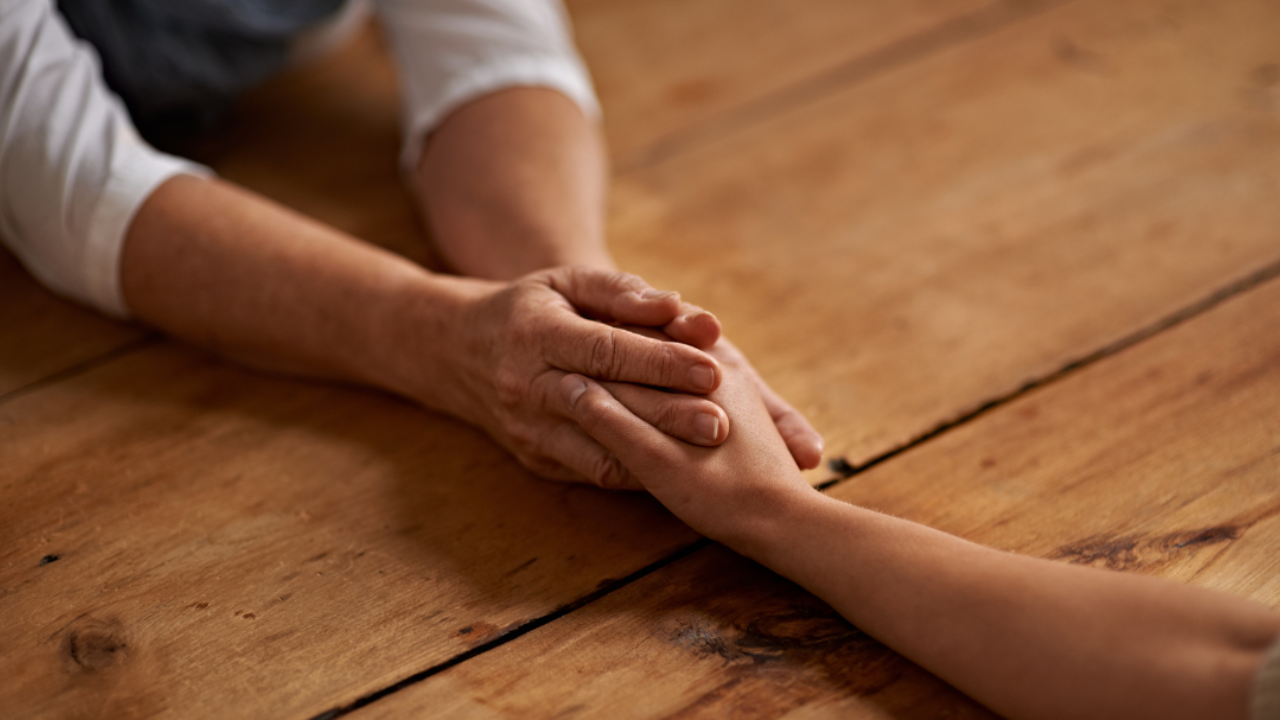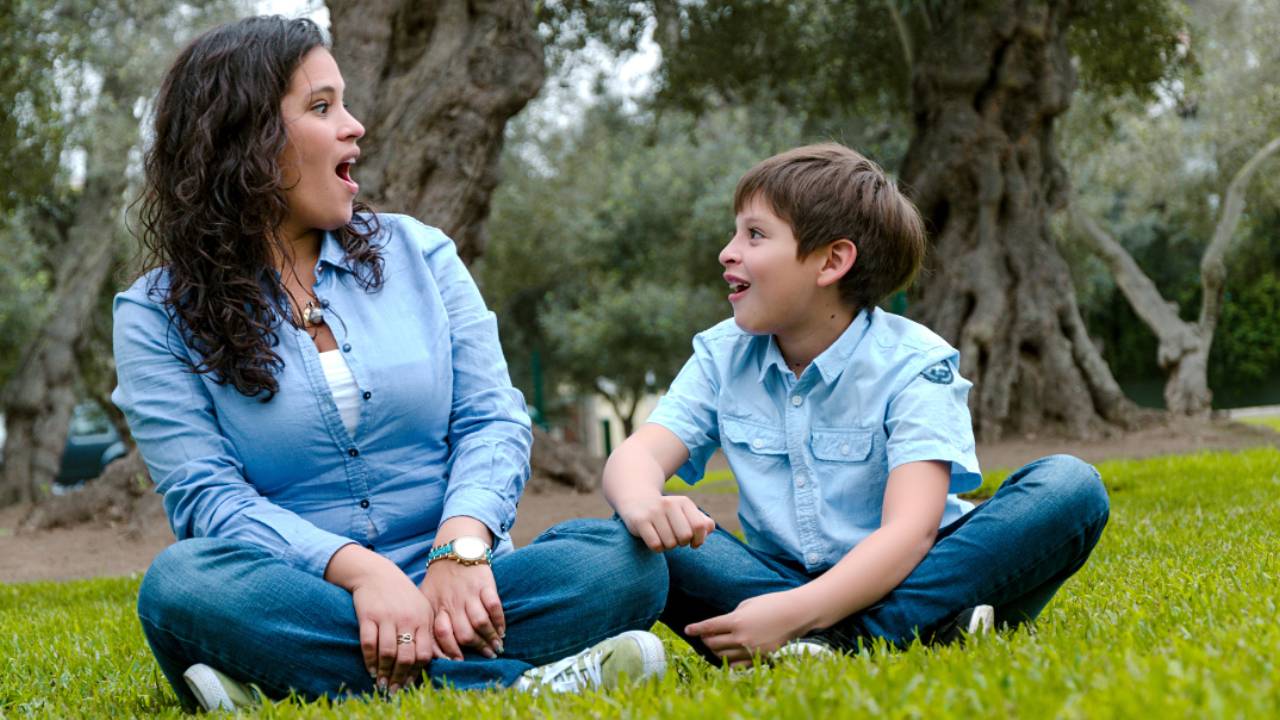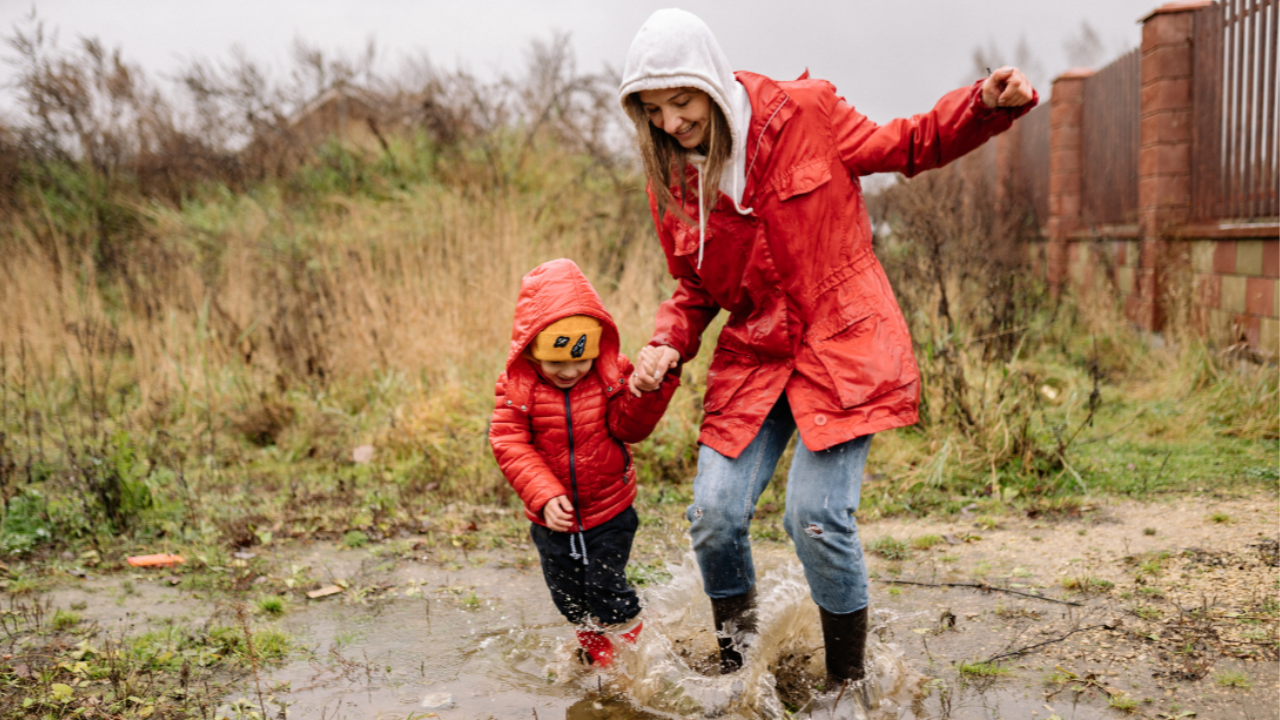What Happens When the Sadness Follows You Home?
Jun 07, 2025
Today, I woke up feeling… off. Not quite sick, but definitely not right. You know that weird, foggy feeling? A bit headachey, a bit tired. I don’t usually get ill (knock on wood), so I wondered if I was just worn out. Maybe it’s something else. Whatever it is, I found myself just sitting here, writing blog posts, trying to clear my head and hoping it helps.
Yesterday, I got a call from a client - and the news caught me completely off guard. It came out of nowhere. After that call, I couldn’t focus. I just sat there, stunned. And today? I still feel heavy about it. Sad, honestly.
People say, “You have to be professional and just get on with it.” And yeah, I will. I am. I’ll support them however I can. But here’s my question: does being professional mean I’m not allowed to feel sad? Am I supposed to just brush it off like it didn’t hit me? Carry on like nothing happened?
Because it really sucks.
I honestly have so much respect for every doctor, nurse, paramedic, police officer, firefighter - anyone who faces people in crisis every day. That kind of work must be unbelievably tough. Sure, the reward is helping others, but when things get heavy and heartbreaking, how do you carry that weight - and then be expected to just move on? How do you process that?
Because when you work with people, sadness is part of the job. That’s life. And sometimes, life just really sucks.
I don’t even know if I’m making a point here - maybe I’m just writing this to get it out of my head. But the truth is, yesterday shook me. And today, I still feel it. Part of me wonders if I shouldn’t let it affect me so much - because this will happen again. I work with people, sadness is part of what comes with that. Maybe it was the shock - how unexpected and heavy it was.
A couple of years ago, one of my clients passed away suddenly. That was really hard. I didn’t see it coming. I didn’t even know she was unwell. It was the first time something like that happened at work, and it really affected me. She reminded me of someone from my past, which probably made it feel even heavier.
Do you ever wonder if people harden with experience? Like those working in intensive care or other high-pressure roles where they face loss regularly - do they become a little desensitised over time?
Both my parents were GPs. My dad loved it - it gave him purpose and energy. But my mum found it stressful. She struggled to leave work at work. I think it took a real toll on her. I remember her telling me, “You wouldn’t like it.”
She was right.
My dad had hoped one of us would go into medicine, so I gave it a shot. He never pressured me - it was my own choice. I wasn’t really sure what else to do at the time. I got accepted, began my studies, but after a few months, I decided to quit.
To do medicine, you really have to want to be a doctor. And deep down, I knew it wasn’t for me. I don’t even like hospitals or doctors' surgeries - maybe that should’ve been my first clue, right?
Weirdly, I don’t really overthink my work now - even though I work closely with people’s money, decisions, and fears. I feel incredibly privileged to do what I do. Helping people build the lives they want, protect the people they love - it’s meaningful.
But it’s different from medicine.
In financial planning, there’s usually more time and more clarity. You have principles to guide you, decades of research and history to lean on, clear rules to follow, and patterns to work with. You listen to your clients’ fears, dreams, and aspirations - their stories - and build plans around them.
But as a GP, sometimes you just don’t know. Symptoms can be vague, answers unclear - it must feel like trying to solve a puzzle with missing pieces. On top of that, the pressure to help someone within such tight timeframes only makes it even harder. It’s complex and subjective, and the weight of that responsibility must be enormous. Honestly, hats off to all the GPs out there. I couldn't do it.






